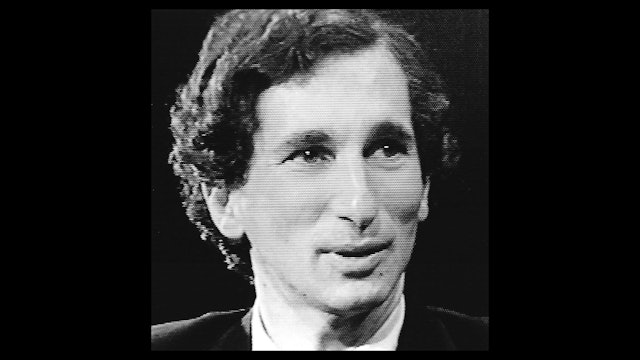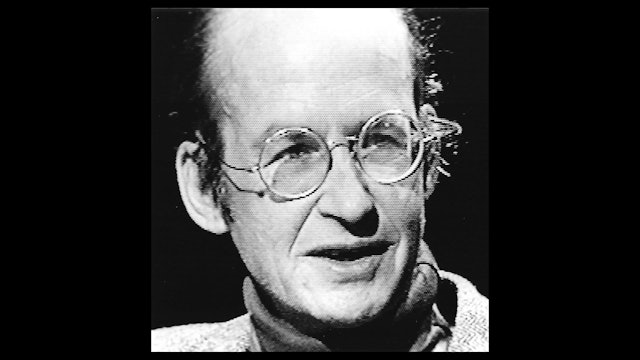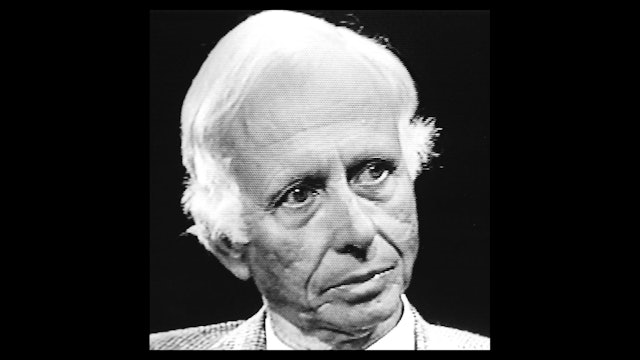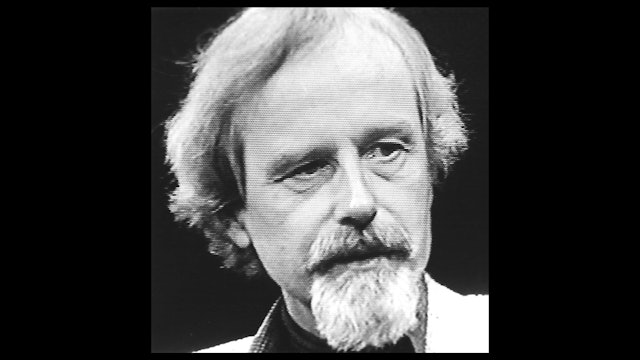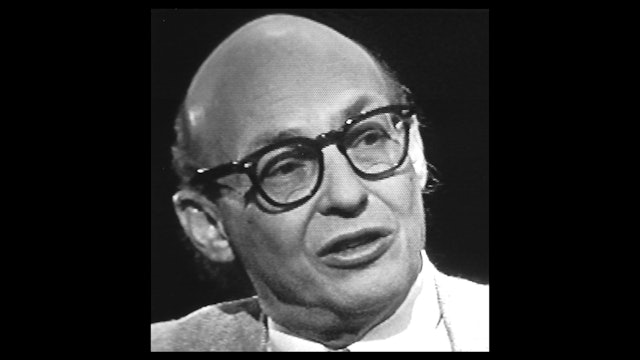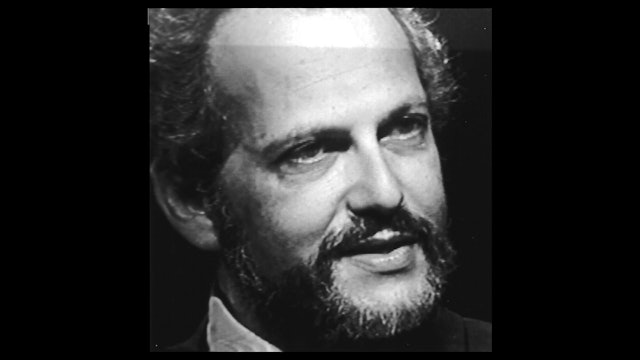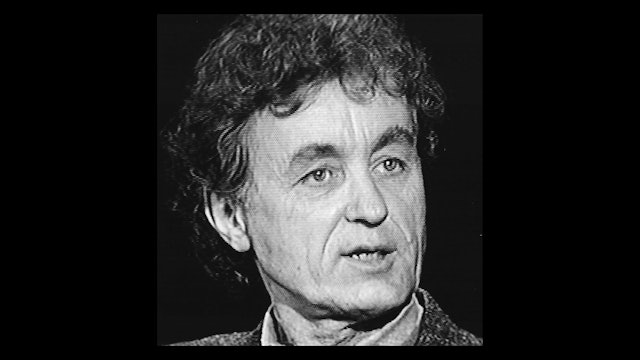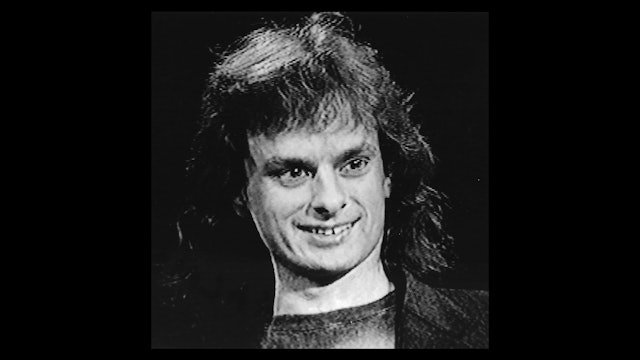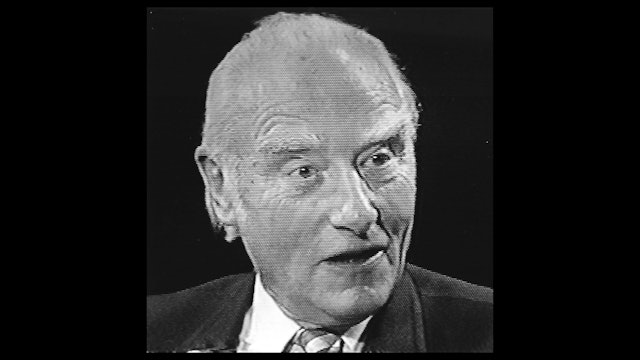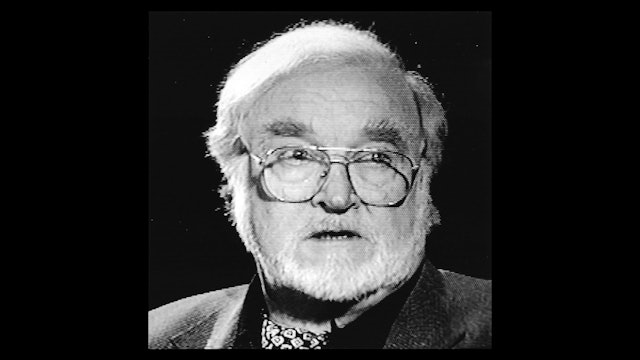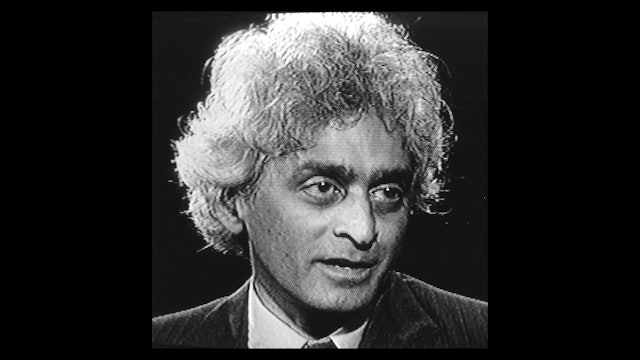Consciousness and Cosmology
"We've actually made much more progress understanding such distant phenomena as sub-atomic particles or distant stars . . . then we have understanding our own consciousness."
--David Chalmers
-
Grossinger,Richard - The Mystery of Creation
The cosmos is the fertile field from which we humans and the planet earth were born. In another sense the cosmos is also the field of our mind onto which we project our dreams and myths. Richard Grossinger, Ph.D., is author of Planet Medicine and The Night Sky. The scientific worldview, he says, ...
-
Herbert, Nick - Consciousness and Quantum Reality
The mysteries of sub-atomic physics offer us startling new perspectives on the human mind. Physicist Nick Herbert, Ph.D., author of Quantum Reality, points out that no matter how one interprets the equations of quantum physics the results lead to amazing and paradoxical concepts. Perhaps that tim...
-
Leonard, George - Consciousness and the Martial Arts
One of the goals of martial artists is to cultivate an awareness both of their own subtle physiological rhythms and those of other people, according to Aikido instructor George Leonard. Leonard, one of the founders of the consciousness movement, discusses the history and theory of the oriental ma...
-
Metzner, Ralph - Metaphors of Transformation
The late Ralph Metzner, Ph.D., was well known as a consciousness explorer. Here he stresses the importance of metaphor in guiding and understanding human development, focussing on the metaphors of transformation from a caterpillar to a butterfly, of the journey, and of death and rebirth. Dr. Metz...
-
Minsky, Marvin - Mind As Society
Conscious intelligence may be viewed as a computer system composed of many smaller parallel processing programs. The late Marvin Minsky, Ph.D., was one of the acknowledged founders of the mathematical theory of computation, artificial intelligence, and robotics. He argues that understanding the i...
-
Ornstein, Robert - The Evolution of Consciousness
Consciousness is the ability of the mind to reflect upon its own experience. Robert Ornstein, Ph.D., author of nineteen books, suggests that the mind is composed of many subroutines that he refers to as a "squadron of simpletons." Self-awareness requires orcherstrating these "simpletons" to work ...
-
Rucker, Rudy - Infinity and the Mind
The mind itself partakes of infinity, as does every object in the physical world. Rudy Rucker, Ph.D., is author of many books including Mind Tools, The Fourth Dimension and Infinity and the Mind. Rucker hypothesizes that conscioussness need not be limited to human beings or even to living organisms.
-
Searle, John - Mind, Brains and Science
Will computers ever achieve consciousness? John Searle, Ph.D., is a professor of philosophy and cognitive science at U.C. Berkeley and author of Intentionality and Minds, Brains and Science. He challenges the notion that the human mind operates like a computer, pointing out that intentionality an...
-
Sheldrake, Rupert - A New Science of Life
Biologist Rupert Sheldrake, Ph.D., author of A New Science of Life, has stimulated and even startled the scientific world by challenging mechanistic thinking in the life sciences. Dr. Sheldrake proposes a startling alternative to the idea that genetic programming is solely responsible for diversi...
-
Sheldrake, Rupert - The Presence of the Past
Were there any "laws of the universe" at the time of the "big bang?" Oxford trained biologist Rupert Sheldrake, Ph.D., author of The Presence of the Past, says that all laws developed as "habits" over time. Thus the universe and its laws can be seen to be continually evolving. In this view the th...
-
Sheldrake, Rupert - The Universal Organism
The so-called "laws of nature" may actually be more like habits and instincts than immutable and inviolable laws. Rupert Sheldrake, Ph.D., biologist and author, suggests that from this perspective all of creation may be viewed as a living organism. This ancient concept, he says, challenges the no...
-
Sirag, Saul-Paul - Consciousness and Hyperspace
Nineteenth century theologians developed the idea of multiple dimensions to explain the idea of God in scientific language. Physicist Saul-Paul Sirag discusses current theories of multiple dimensions, which have been fabricated to account for sub-atomic interactions, and the implications of these...
-
Tart, Charles - Self-observation
Countless factors can mitigate against self-observation in Western society. Charles Tart, Ph.D., noted psychologist and author of Waking Up, suggests we begin by learning to focus on seemingly trivial details such as bodily sensations. Through repeated and diligent practice, he says, the process ...
-
Whitson, William - Consciousness and Computers
A Course in Miracles is a home study system to enable us to unlearn the attitudes that separate us from our potential for spiritual unity. Judith Skutch Whitson is president of the Foundation for Inner Peace, the organization which publishes and distributes the now classic Course. Mrs. Whitson di...
-
Wolf, Fred Alan - Physics and Consciousness
Witty and profound, physicist Dr. Wolf's far-ranging thinking extends our understanding of quantum physics as it applies to the human body and mind, suggesting that we are inextricably connected with all that exists in the physical universe.
Fred Alan Wolf, Ph.D., received the American Book Awa...
-
Young, Arthur M. - Determinism Free Will and Fate
Free will and purpose are not inconsistent with a universe subject to law. In fact, says Arthur Young, free will would be ineffective without a determinate world to act upon. Young, philosopher and inventor of the Bell helicopter, discusses the difference between determinism--the belief that ever...
-
Young, Arthur M. - Evolution, The Great Chain of Being
Philosopher Arthur M. Young, author of The Reflexive Universe, describes three different types of evolution: physical evolution of the form of the body, evolution of the "group soul" of a species, and personal evolution, i.e., the spiritual evolution of the individual. This program contains excer...
-
Young, Arthur M. - Self and the Universe
How can there be separate things in a universe that is interconnected? How can we be separate beings in a universe created by God? Arthur M. Young, inventor of the Bell helicopter, was the founder of the Institute for the Study of Consciousness. Young suggests that the ancient dieties act in our ...
-
Bernard Baars - How Consciousness Functions
1 season
Consciousness was dismissed as a topic for scientific discussion in psychology for over fifty years. Now things have changed. Bernard J. Baars presents a model of consciousness as a global workspace and suggests that the contours of consciousness can be understood by contrasting conscious and unc...
-
Fritjof Capra - The Web of Life
1 season
Many new trends in the field of biology--including systems theory, complexity theory, chaos theory, the Gaia hypothesis--suggest a new approach to the understanding of living systems. this view of our intimate involvement with the web of life can lead us toward ways of living that are ecologicall...
-
David Chalmers - The Conscious Mind
1 season
Philosopher David Chalmers points out that most modern attempts to explain consciousness fail to address the fundamental problem of subjective experience--i.e., what it is like to be conscious. He argues for a "naturalistic dualism" in which non-physical consciousness is viewed as a fundamental a...
-
Francis Crick, - The Scientific Search for Soul
1 season
A noted scientist discusses free will, consciousness, attention and memory and their relationship to the human nervous system. In a wide ranging discussion, Crick points out that the hypothesis that the brain is the seat of consciousness has not yet been proven.
The late Francis Crick, Ph.D., re...
-
Mihaly Csikszentmihalyi - Flow, Creativity and the Evolving Self
1 season
In Part One of this three-part program, Mihaly Csikzentmihalyi discusses the results of over thirty years researching the lives of highly creative individuals. He points out that creativity involves a lifelong commitment that begins with one's personal life and moves beyond to the larger cultural...
-
Ashok Gangadean - Awakening the Global Mind
1 season
The spiritual and philosophical traditions of humanity all point toward an underlying first principle which Dr. Ashok Gangadean refers to as the Logos. This principle partakes of both infinity and relationality. It speaks of the underlying unity of all reality, yet it is expressed differently in ...


